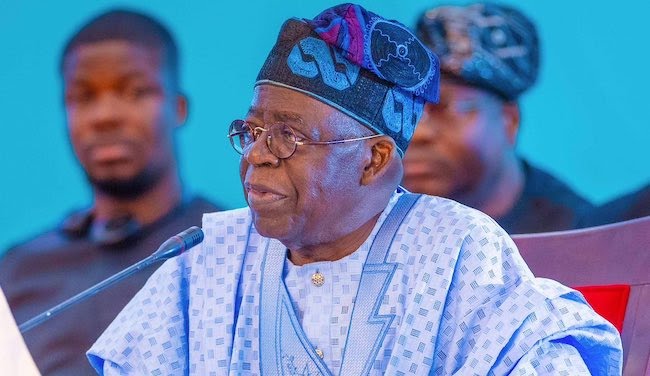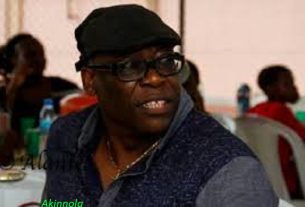President Bola Timubu
In administrations truly focused on governance, politics ends after elections, and governance takes centre stage at inauguration. However, this is not the case in Nigeria, where politicians abandon decorum and begin politicking long before the official campaign season.
Leaders are often emboldened by individuals and amorphous groups, such as the FOOG Women Support Group for Asiwaju, which recently declared support for President Bola Tinubu’s second term bid. It is worrisome that women’s groups are backing a campaign that potentially compromises their interests and those of their children.
The early push for a second term reached a ridiculous level in May when the ruling All Progressives Congress, at its summit in Abuja, publicly endorsed Tinubu as the sole candidate for the 2027 elections, two years into his four-year term and about one and a half years before the general elections.
Defying the law and the electoral process, the Chairman of the Progressive Governors Forum, Governor Hope Uzodinma of Imo State, moved the adoption of the President’s endorsement as the party’s sole candidate for the 2027 presidential election.
This move is an indirect way of drawing the curtains on governance and is politically preposterous.
The jury is still out on the first two years of Tinubu’s administration. He spent the first three months without a cabinet, and about 14 months later, he reshuffled a politician-studded cabinet.
Then, roughly seven months after that, the APC quietly announced the President as the sole candidate for the next election.
The story is quite different in serious democracies. The American Senate began screening President Donald Trump’s cabinet before his inauguration, enabling him to start work from Day One.
Similarly, Ghanaian President John Mahama, just two days after taking office on January 7, 2025, scrapped seven ministries, reducing them from 30 to 23, to cut expenses in line with the country’s economic downturn. He formalised this with an Executive Order, gazetted within the first 48 hours. Nigeria must learn governance lessons from such countries.
Meanwhile, Nigeria’s challenges demand urgent attention. No region is free from insecurity. With a score of 7.658, the 2025 Global Terrorism Index ranks Nigeria sixth among the world’s most terrorised countries. Hundreds are killed by herders and insurgents across the North, and many villages have been sacked.
The power supply situation remains embarrassingly poor. Nigeria, with over 230 million people, transmits only about 5,000MW, while continental peers South Africa and Egypt each generate around 58,000MW.
The 2024 Legatum Prosperity Index, which assesses countries worldwide, ranked Nigeria 11th out of 12 countries with the worst healthcare systems globally.
Additionally, about 18.5 million Nigerian children are out of school, the highest number in the world.
The manufacturing sector is struggling with high production costs and dwindling demand. According to the Manufacturers Association of Nigeria, 767 manufacturing companies shut down operations in 2023.
Economic instability, soaring energy and logistics costs, and currency volatility have driven industries such as Unilever, Diageo, and Procter & Gamble out of the country.
The World Bank projects Nigeria’s unemployment rate to be 4.84 per cent in 2025.
The World Bank estimates that Nigeria requires $3 trillion over the next 30 years to bridge its critical infrastructure deficit.
Therefore, it is disheartening that, instead of improving governance, the government has embarked on a political voyage for 2027.
Opposition parties, which should be driving the ruling party to deliver good governance, are in disarray and busy defecting to the APC for selfish reasons. More governors and lawmakers may soon join the trend.
It is inexplicable that the Independent National Electoral Commission remains silent while its rules on elections are flouted by some political parties. The electoral body must protect the sanctity and integrity of the electoral system by stopping such premature politicking in its tracks.
The Punch





